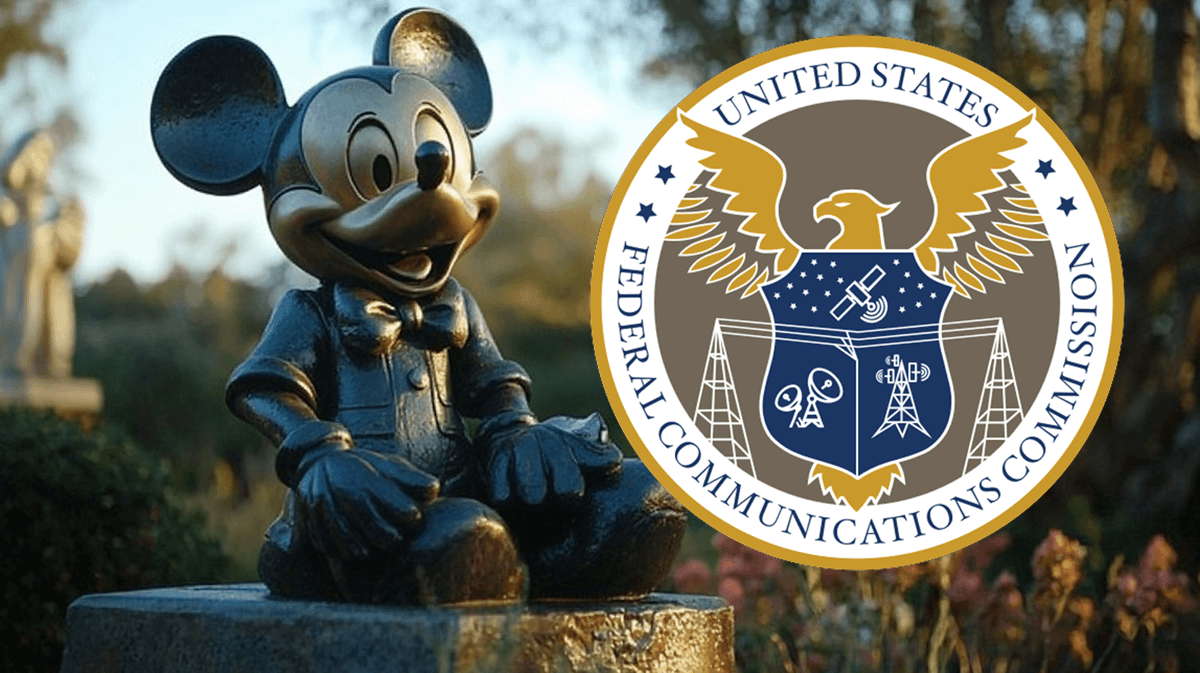The Federal Communications Commission (FCC) has launched an investigation into The Walt Disney Company, including its subsidiary ABC, over concerns that its diversity, equity, and inclusion (DEI) policies may contravene federal equal employment opportunity regulations. Announced by FCC Chair Brendan Carr, this scrutiny comes at a challenging time for Disney, following the lackluster performance of its live-action remake of Snow White at the box office.
The investigation was initiated after Carr expressed in a letter to Disney CEO Bob Iger, concerns regarding the company's adherence to FCC regulations designed to ensure equal employment opportunities. The letter, made public on the social media platform X, underscores the FCC's commitment to examining whether Disney's DEI efforts align with federal regulations, particularly in light of reports that Disney had dialed back some of its DEI initiatives.
“I want to ensure that Disney ends any and all discriminatory initiatives in substance, not just name,” - FCC Chair Brendan Carr
Disney's pivot to prioritize DEI in recent years has not been without controversy, drawing both public and legal scrutiny. The FCC's move to investigate these policies highlights a broader debate over the role of DEI in corporate America, especially against the backdrop of several companies, including Disney, reevaluating their commitment to these initiatives.
The company has responded to the investigation with a commitment to cooperation, indicating its intention to fully engage with the FCC's inquiries. This stance is notable as it comes amid a broader trend of companies scaling back DEI efforts, a shift partly attributed to political pressures, including executive orders from the Trump administration aimed at curtailing DEI programs in federal agencies and institutions receiving federal funding.
The FCC's investigation into Disney is part of a larger pattern of regulatory scrutiny over how companies implement DEI policies, with the aim of ensuring that these efforts do not result in discrimination or violate equal employment opportunity laws. Similar probes, like one recently conducted into Comcast, the parent company of NBCUniversal, reflect the FCC's proactive stance in monitoring corporate compliance with federal regulations.
Carr said the FCC’s enforcement bureau would be engaging with Disney “to obtain an accounting of Disney and ABC’s DEI programs, policies, and practices”.
The outcome of this investigation could have significant implications for Disney and other corporations, setting a precedent for how DEI initiatives are balanced with legal obligations. As companies navigate the complex interplay between fostering diversity and adhering to the law, the FCC's actions underscore the contentious nature of DEI policies in today's corporate and political climate.
Disney's approach to addressing the FCC's concerns will be closely watched, as it may influence broader corporate strategies around DEI. In the meantime, the company faces the dual challenge of managing public relations fallout and legal scrutiny, adding another layer of complexity to its ongoing efforts to adapt to evolving societal expectations around diversity and inclusion.





